Introduction
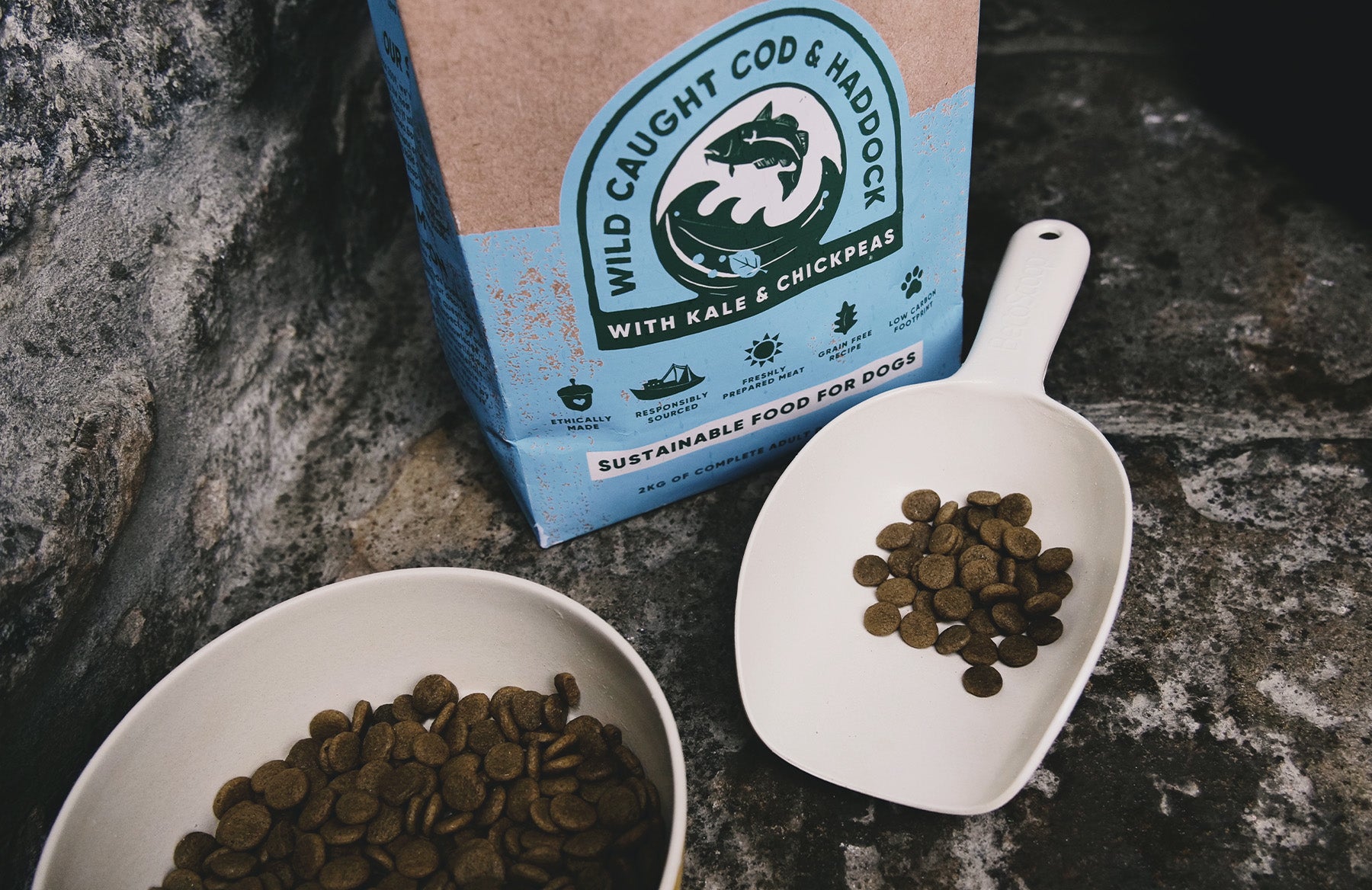
When it comes to our furry friends, it’s important to know what foods are safe for them to eat. One common question that many dog owners have is whether dogs can eat cod. The good news is, yes, dogs can eat cod! Cod is a lean fish that is often included in dog food recipes because it provides a great source of protein. Not only is it safe for dogs to consume, but it also offers several health benefits. In this article, we will explore the nutritional value of cod for dogs, potential risks, safety precautions, alternative fish options, signs of allergies or digestive issues, and provide some final thoughts and recommendations on feeding cod to dogs.
Why Is It Important To Know What Foods Dogs Can Eat?
It is crucial for dog owners to have knowledge of what foods are safe for their furry companions to consume. This awareness enables them to make informed choices and ensure their pet’s health and well-being. Understanding what foods dogs can eat helps prevent potential health risks, such as digestive issues, allergies, and toxicity. It also allows owners to provide a balanced and nutritious diet for their dogs, promoting optimal growth, development, and overall vitality. By being aware of safe food options, dog owners can prioritize their pet’s nutritional needs and maintain their long-term health.
The Benefits Of Incorporating Cod Into Your Dog’s Diet
Incorporating cod into your dog’s diet can provide several benefits. First and foremost, cod is a great source of lean protein, which is essential for muscle development and overall health. It is also low in fat, making it an ideal choice for dogs that require a low-fat diet. Cod is rich in omega-3 fatty acids, which support a healthy coat, skin, and joint function. Additionally, it contains essential vitamins and minerals like vitamin D and selenium, which contribute to optimal immune function. By including cod in your dog’s diet, you can ensure they receive a well-rounded and nutritious meal.
Cod Nutritional Value
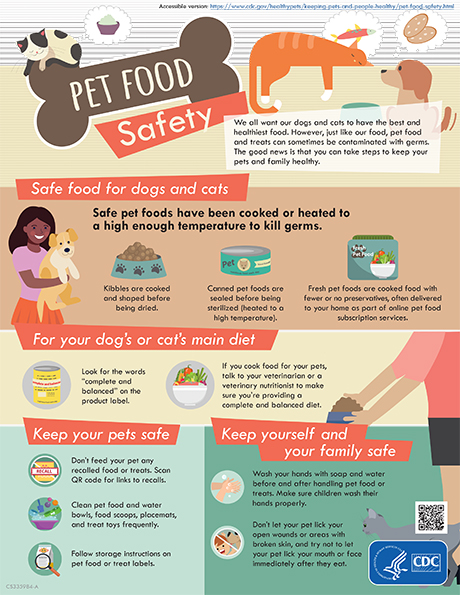
Cod is not only a tasty treat for dogs, but it also boasts a range of important nutrients. This lean fish is packed with high-quality protein, which is essential for muscle development and overall health. Cod is also a rich source of omega-3 fatty acids, which contribute to a healthy coat, skin, and joint function. Moreover, it contains essential vitamins and minerals, including vitamin D and selenium, which support optimal immune function. By incorporating cod into your dog’s diet, you can ensure they receive the nutritional benefits of this nutritious fish.
Nutritional Benefits Of Cod For Dogs
Cod is a powerhouse of nutrition for dogs. It is a high-quality source of protein, which is vital for muscle development and overall health. Additionally, cod is rich in omega-3 fatty acids, which contribute to a lustrous coat, healthy skin, and promote joint function. It also contains essential vitamins, such as vitamin D, and minerals like selenium, which support immune system function. By incorporating cod into their diet, dogs can enjoy the benefits of these nutrients, leading to overall wellbeing and vitality.
Potential Risks Associated With Feeding Cod To Dogs
Feeding cod to dogs generally poses minimal risks, but there are a few considerations to keep in mind. One potential risk is the presence of bones in the fish, which can pose a choking hazard or cause internal injury if swallowed. It is important to thoroughly debone the cod before feeding it to your dog. Additionally, some dogs may be allergic to fish, including cod, leading to symptoms such as itching, vomiting, or diarrhea. If your dog shows any signs of an allergic reaction, discontinue feeding cod and consult a veterinarian. Overall, with proper precautions, feeding cod can be a safe and beneficial addition to your dog’s diet.
Safety Precautions
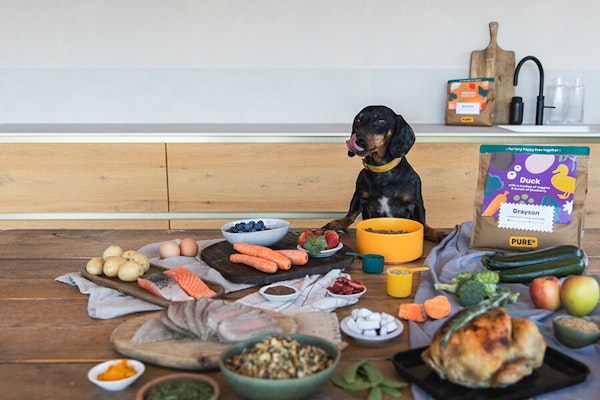
When feeding cod to dogs, it is important to take certain safety precautions. These include:
- Thoroughly deboning the cod: Before serving it to your dog, ensure that all bones have been removed to prevent choking hazards or internal injuries.
- Cooking the cod properly: If you choose to cook the cod, make sure it is fully cooked to avoid any potential bacterial contamination.
- Portion control: Moderation is key. Serve cod as part of a balanced diet, and don’t overdo it. Consult with your veterinarian to determine the appropriate portion size for your dog.
- Monitoring for any adverse reactions: Keep an eye out for any signs of allergies or digestive issues after feeding your dog cod. If you notice any concerning symptoms, discontinue feeding and consult your veterinarian for further guidance.
By following these safety precautions, you can ensure that feeding cod to your dog is a safe and enjoyable addition to their diet.
How To Prepare Cod For Dogs
To prepare cod for dogs, it is important to follow proper food safety practices. Start by thoroughly deboning the cod to eliminate any choking hazards. Next, you have the option to cook the cod by baking, grilling, or boiling it. Ensure that the cod is fully cooked to avoid bacterial contamination. Once cooked, let it cool down before serving it to your dog. It is also advisable to portion the cod according to your dog’s size and incorporate it into their balanced diet. Remember to consult with your veterinarian for specific feeding guidelines.
Portion Control And Feeding Guidelines
When it comes to feeding cod to your dog, it’s important to exercise portion control and follow feeding guidelines. The appropriate portion size will depend on your dog’s size, age, and activity level. As a general rule, you can feed your dog around 1 to 3 ounces of cod per 10 pounds of body weight per day. It’s also crucial to incorporate cod into a balanced diet that meets your dog’s nutritional needs. Consulting with your veterinarian is recommended to determine the ideal portion size and feeding frequency for your furry friend.
Alternative Fish Options

When it comes to incorporating fish into your dog’s diet, there are several alternative options to cod that can provide similar nutritional benefits. Some safe fish choices for dogs include salmon, trout, and sardines. These fish are also rich in protein and omega-3 fatty acids, which support a healthy coat and skin. Additionally, these alternatives can be a good source of vitamins and minerals such as vitamin D and selenium. However, it’s important to note that the feeding guidelines and portion control may vary for each type of fish, so consult with your veterinarian for specific recommendations.
Other Safe Fish Choices For Dogs
Some other safe fish choices for dogs include salmon, trout, and sardines. These types of fish are rich in protein and omega-3 fatty acids, which play a crucial role in maintaining a healthy coat and skin for dogs. Additionally, these alternatives can provide essential vitamins and minerals, such as vitamin D and selenium, which contribute to overall canine health. When introducing these fish options into your dog’s diet, it’s important to follow feeding guidelines and portion control recommended by your veterinarian for optimal health benefits.
Comparison Between Cod And Alternative Fish Options
When comparing cod to alternative fish options for dogs, it’s important to consider the nutritional value and potential risks associated with each choice. While cod is a lean fish and a great source of protein and omega-3 fatty acids, other safe fish choices like salmon, trout, and sardines also offer these benefits. However, these alternatives may have higher fat content compared to cod. It’s essential to assess your dog’s specific dietary needs, consult with your veterinarian, and choose fish options that best align with their health and wellness goals.
Signs Of Allergies Or Digestive Issues
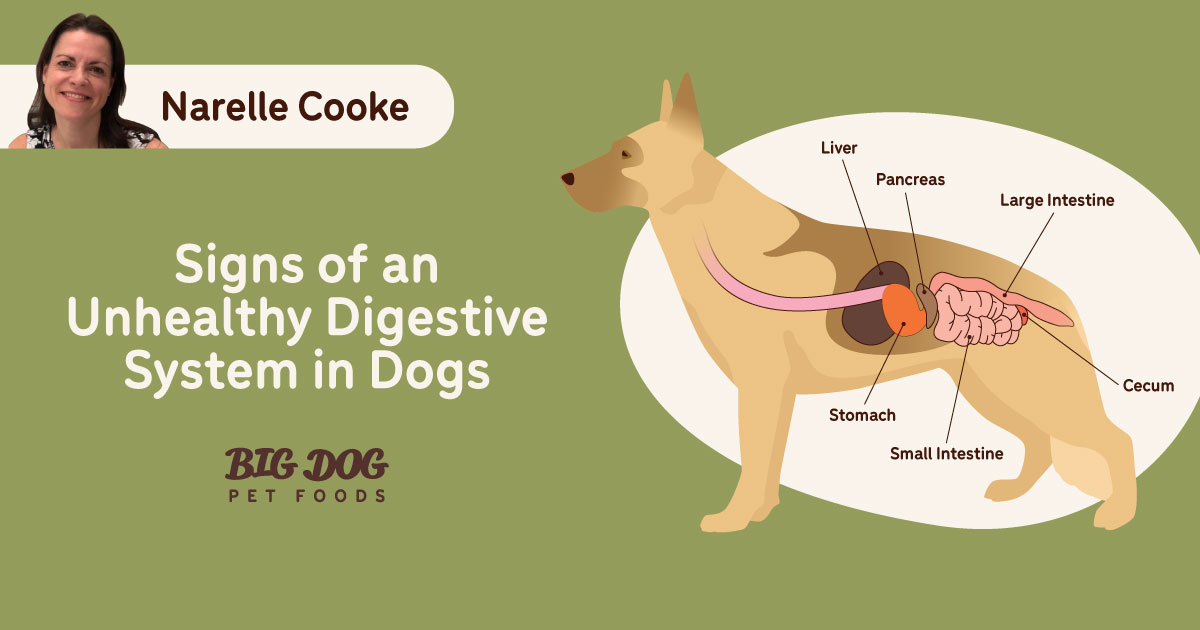
Common symptoms of seafood allergies in dogs include itching, redness or swelling of the skin, hives, and gastrointestinal issues such as vomiting, diarrhea, or excessive gas. Dogs may also become lethargic and develop ear infections or skin infections. If your dog is experiencing any of these symptoms after consuming cod or any other type of fish, it may indicate an allergic reaction or difficulty digesting the food. It’s important to consult with a veterinarian to determine the cause of these symptoms and adjust your dog’s diet accordingly.
Common Symptoms Of Seafood Allergies In Dogs
Common symptoms of seafood allergies in dogs include itching, redness or swelling of the skin, hives, and gastrointestinal issues such as vomiting, diarrhea, or excessive gas. Dogs may also become lethargic and develop ear infections or skin infections. If your dog is experiencing any of these symptoms after consuming cod or any other type of fish, it may indicate an allergic reaction or difficulty digesting the food. It’s important to consult with a veterinarian to determine the cause of these symptoms and adjust your dog’s diet accordingly.
How To Identify If Your Dog Is Having Trouble Digesting Cod
If your dog is having trouble digesting cod, there are a few signs you can look out for. Keep an eye on your dog for symptoms such as vomiting, diarrhea, excessive gas, or bloating. If you notice any of these signs after your dog has consumed cod, it may indicate a digestive issue. Additionally, if your dog shows signs of discomfort, such as restlessness, pacing, or licking their lips excessively, it could be a sign that the cod is not agreeing with their digestive system. If you suspect that your dog is having trouble digesting cod, it is best to consult with your veterinarian for proper guidance.
Conclusion
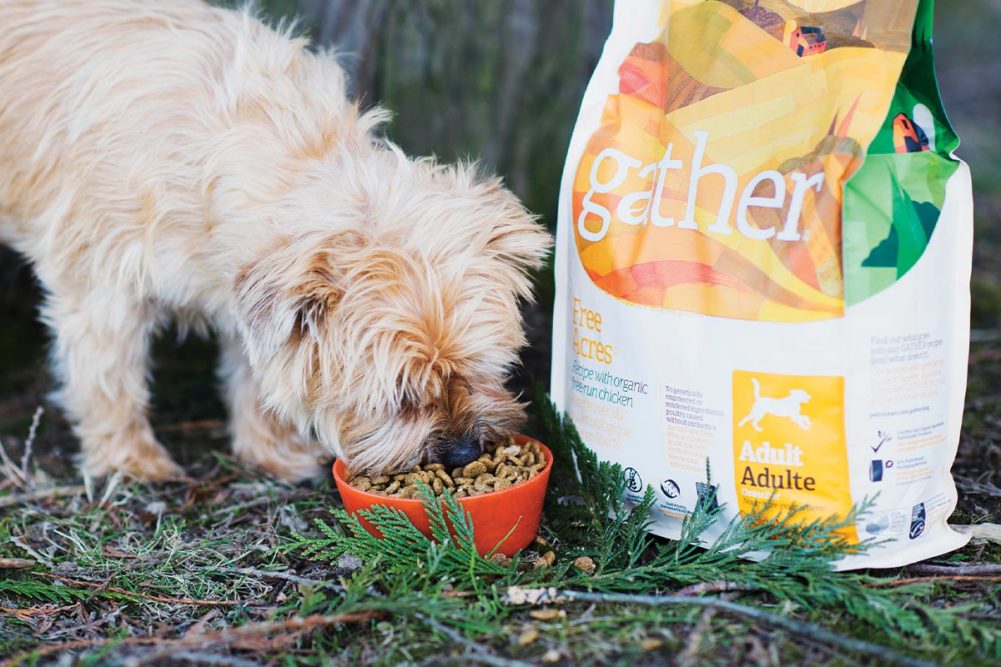
In conclusion, cod can be a safe and nutritious addition to your dog’s diet when prepared and fed in moderation. It is important to consider your dog’s individual needs and any potential allergies or digestive issues they may have. If you choose to incorporate cod into your dog’s meals, it is recommended to consult with your veterinarian and follow appropriate portion control guidelines. Additionally, it is essential to monitor your dog for any signs of allergies or digestive issues. Overall, with proper care and consideration, cod can be a healthy and delicious treat for your furry friend.
Final Thoughts On Feeding Cod To Dogs
In conclusion, cod can be a safe and nutritious addition to your dog’s diet when prepared and fed in moderation. It is important to consider your dog’s individual needs and any potential allergies or digestive issues they may have. If you choose to incorporate cod into your dog’s meals, it is recommended to consult with your veterinarian and follow appropriate portion control guidelines. Additionally, it is essential to monitor your dog for any signs of allergies or digestive issues. Overall, with proper care and consideration, cod can be a healthy and delicious treat for your furry friend.
Key Takeaways And Recommendations
- Cod can be a safe and nutritious addition to a dog’s diet when prepared and fed in moderation.
- It is important to consider a dog’s individual needs and any potential allergies or digestive issues they may have before incorporating cod into their meals.
- Consult with a veterinarian to ensure that cod is a suitable choice for your dog and to determine appropriate portion control guidelines.
- Monitor your dog for any signs of allergies or digestive issues when introducing cod into their diet.
- If cod is not suitable for your dog, consider alternative fish options that are safe and beneficial for dogs.
- Overall, with proper care and consideration, cod can be a healthy and delicious treat for your furry friend.
FAQ About Can Dogs Eat Cod: Assessing Pet Food Safety
Q: Is cod safe for dogs to eat?
A: Yes, dogs can safely consume cod as it is a lean and nutritious fish that provides protein and essential nutrients for them.
Q: Are there any precautions to consider when feeding cod to dogs?
A: It is important to ensure that the cod is cooked thoroughly to avoid any potential health risks, such as bacterial contamination. Additionally, you should remove any bones before serving it to your dog.
Q: How much cod can dogs eat?
A: As a general guideline, cod can be given to dogs in moderation as part of a balanced diet. Consult with your veterinarian to determine the appropriate serving size based on your dog’s size and dietary needs.
Q: What are the benefits of feeding cod to dogs?
A: Cod is a good source of protein, omega-3 fatty acids, and essential nutrients like vitamins D and B12, which can contribute to your dog’s overall health and well-being.
Q: Are there any potential risks or allergic reactions associated with feeding cod to dogs?
A: While cod is generally considered safe for dogs, some dogs may be allergic to fish or experience digestive issues. Monitor your dog for any adverse reactions after introducing cod to their diet and consult with your vet if needed.
Q: Can dogs eat raw cod?
A: It is recommended to cook cod thoroughly before feeding it to your dog to eliminate any potential risks of foodborne illnesses. Raw fish may contain harmful bacteria or parasites that could be harmful to your dog’s health.
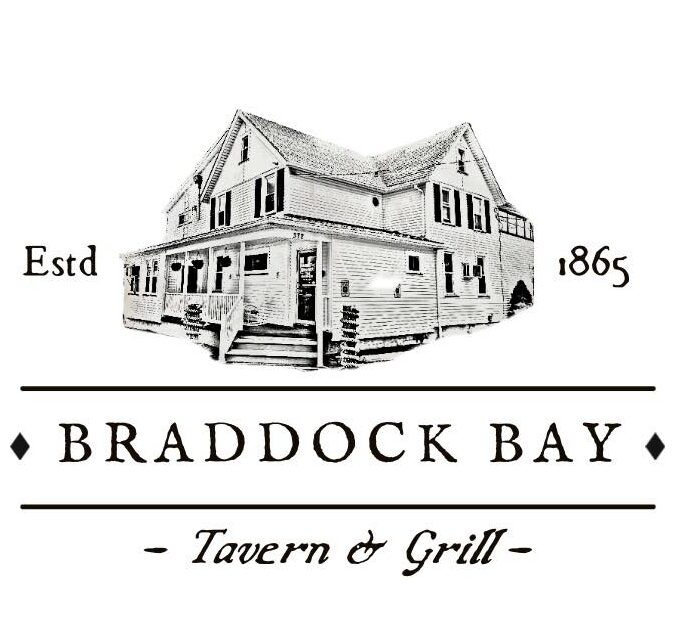
Welcome to Braddock Bay Tavern & Grill, where history, delicious cuisine, and stunning views come together to create an unforgettable experience. Our restaurant, situated on the picturesque edge of Lake Ontario, has a rich history that adds a unique charm to your dining experience. The roots of our establishment can be traced back to 1865, when it was first constructed as an icehouse. Over the years, it transformed into the historic Braddock Bay Hotel, becoming a beloved local landmark. Today, we take pride in preserving the building’s historical beauty, ensuring that every visit to our restaurant is a journey through time.